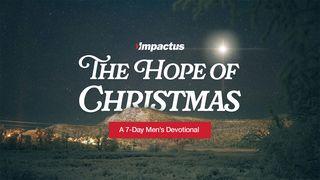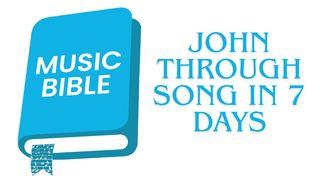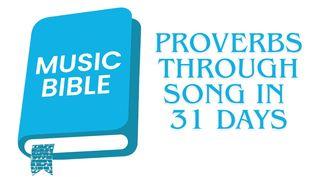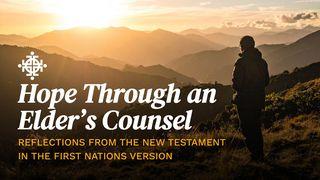Gratitude and Generosity at Workნიმუში

God’s Creation Is Good
First Timothy affirms “God’s way of ordering reality” and that this divine ordering has implications for how Christians should behave in their households, churches, and—by an extension of the text’s logic—in their workplaces. The clearest affirmation of God’s creation order comes in 1 Timothy 4:1–5. In 1 Timothy 4:4 Paul plainly declares, “Everything created by God is good.” This is a clear echo of Genesis 1:31, “God saw everything that he had made, and indeed, it was very good.” Within the context of the letter, this sweepingly positive appraisal of creation is used to combat false teachers who are forbidding marriage and certain foods (1 Timothy 4:3). Paul counters their teaching by asserting that these things ought to be received with thanksgiving (1 Timothy 4:3, 4). Food, and anything else in God’s creation, is “sanctified” by God’s word and by prayer (1 Timothy 4:5). This does not mean that God’s word and prayer make God’s creation good when it isn’t good already. Rather, in thankfully acknowledging God as the creator and provider of all things, a Christian sets apart created things such as food for a holy and God-honoring purpose. As a Christian, it is possible even to eat and drink to the glory of God (1 Corinthians 10:31).
This affirmation of creation means there is no created material that is inherently evil to work with, and no job engaged with creation that is unacceptable for Christians to do if it doesn’t violate God’s will. In other words, a Christian can dig wells, design computer chips, scrub toilets, walk on the moon, fix cell phones, plant crops, or harvest trees to the glory of God. None of these jobs or materials is inherently evil. Indeed, each job can please God. This may seem intuitive to those in the modern Western world who don’t struggle much with asceticism, as the ancient Greek and Roman world did. But 1 Timothy 4:4 reminds even us not to view the material realm as something neutral in moral value or to view something such as technology, for example, as inherently evil. The goodness of all of God’s creation allows us to live and work in joyful freedom, receiving all things as from God’s hands.
How does this apply to your work?
წმიდა წერილი
About this Plan

Gratitude and generosity are twin themes that echo throughout the Bible. Gratitude is the acknowledgment of God's gifts, while generosity is a tangible expression of that thankfulness, often through cheerful giving and service to others. This reading plan from the Theology of Work Project explores gratitude and generosity in twenty books from the Old and New Testaments, with a particular focus on how these ancient insights might be useful for you in the modern workplace.
More
Related Plans

The Hope of Christmas: A Men's Devotional

10 Commandments for Athletes From Philippians

When the Flood of the Enemy Comes

Unmasked — Rediscovering Your True Identity in Christ

John Through Song in 7 Days

Redeemed in the Aftermath

Proverbs Through Song in 31 Days

The Way of the Wildflower: Gospel Meditations to Unburden Your Anxious Soul

Understanding God as Father
